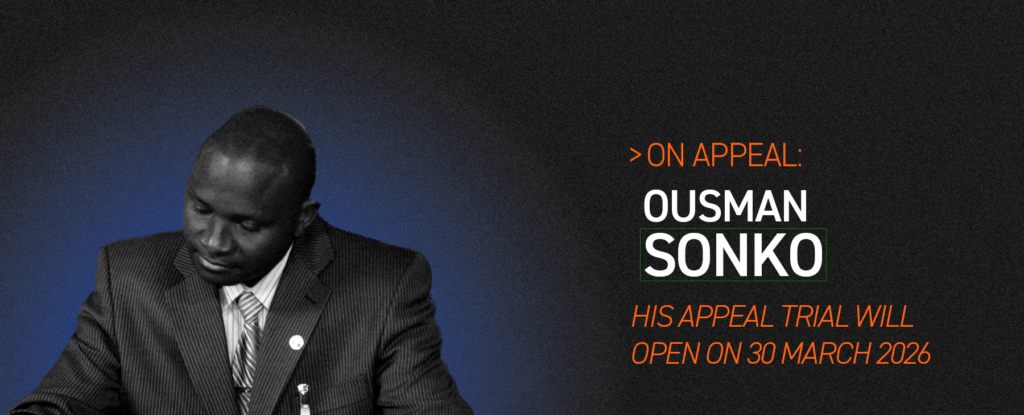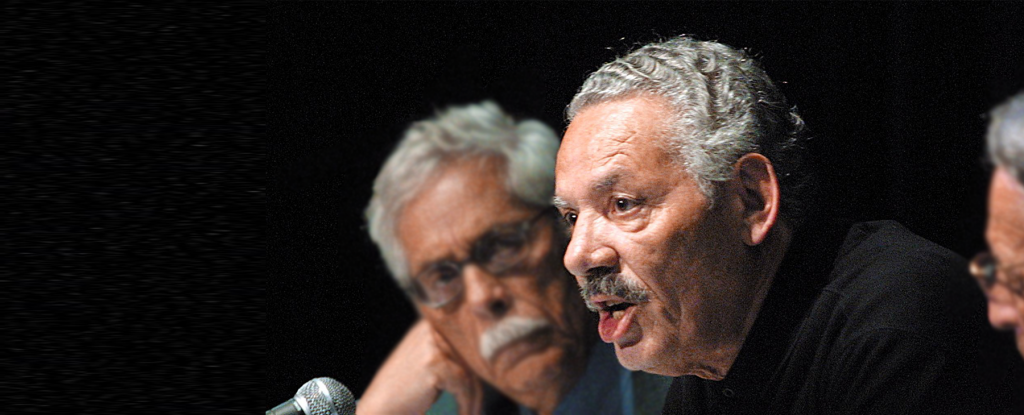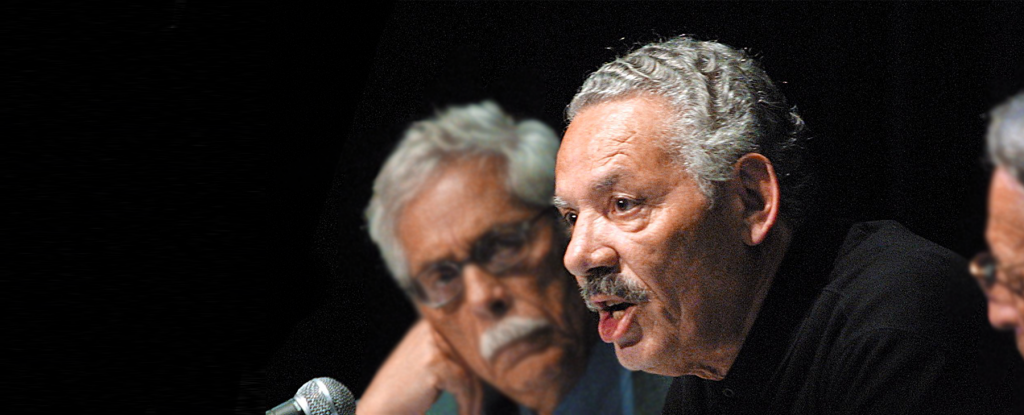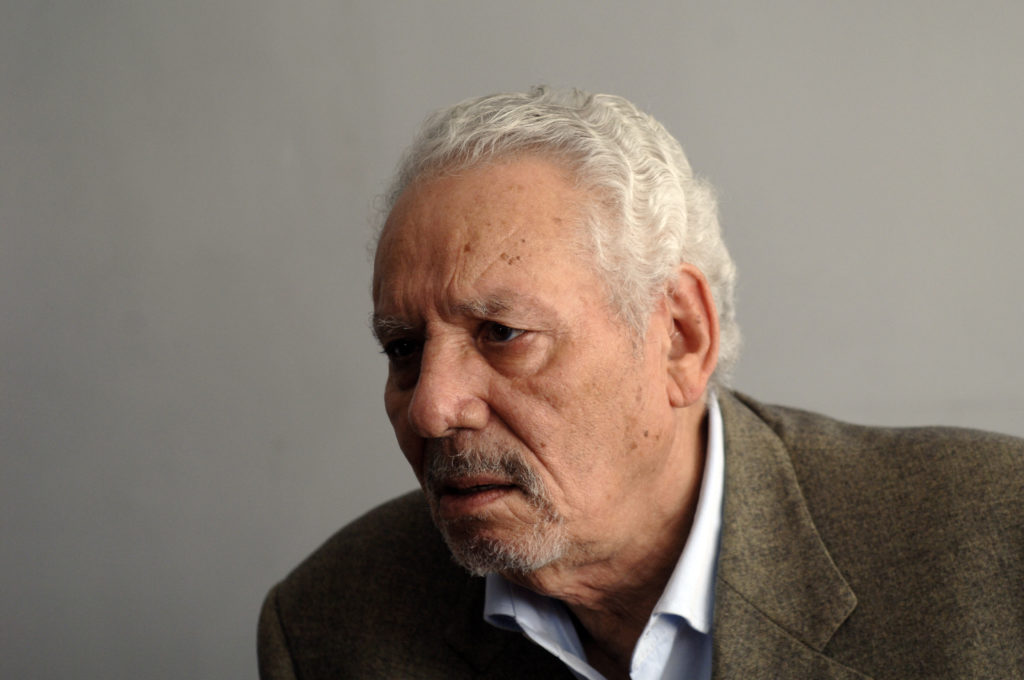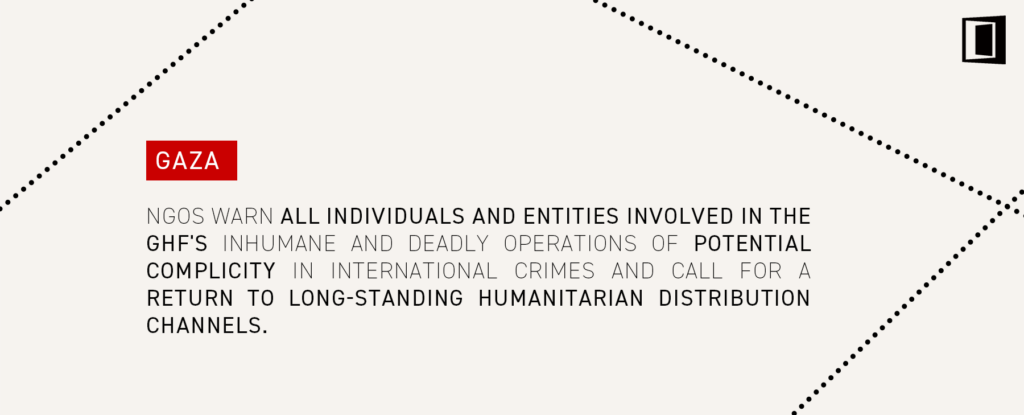TRIAL OF ROGER LUMBALA Q&A
Who is Roger Lumbala and what charges does he face?
- Roger Lumbala is a Congolese national and former leader of the non-state armed group the Congolese Rally for National Democracy (RCD-N).
- The RCD-N operated in the eastern Democratic Republic of the Congo (DRC) from 2000 to 2003. Lumbala was later minister for foreign trade of the transitional Congolese government between 2003 and 2005 and then became a senator until 2013.
- In 2023, Lumbala was indicted on charges of:
1) Complicity in crimes against humanity
a) by instruction, for giving orders to commit widespread and systematic torture or inhumane acts;
b) by aiding or assisting in providing the necessary supplies to the perpetrators and/or by allowing combatants under his authority and control to commit crimes without taking all necessary or reasonable measures, thereby enabling the commission of crimes of: summary executions, torture or inhumane acts, rape constituting torture or inhumane acts, theft or pillage constituting inhumane acts, enslavement through forced labor and sexual slavery.
2) participation in a criminal association with a view to preparing a crime against humanity.
- The RCD-N and its allies allegedly committed these atrocities during a military operation called “Erasing the Board” in the provinces of North Kivu and Ituri.
- Lumbala allegedly ordered and supplied the RCD-N troops to violently attack the civilian population as part of the operation’s aim to take control of resource-rich areas in the eastern part of the DRC.
Why is this trial historic?
- Roger Lumbala will be the first Congolese national to be tried before a national court for crimes against humanity allegedly committed during the Second Congo War (1998-2003), and he is among the few former government officials to face such prosecution.
- It will be the first universal jurisdiction case in France related to events that occurred in the DRC.
- This trial marks the first time that crimes committed during the Second Congo War will be heard in a non-military, national court of law.
What was the Second Congo War?
- The Second Congo War (1998-2003) caused over 1 million lives and displaced millions more. It remains one of the most violent and destructive conflicts in the continent’s recent history.
- At the peak of the conflict, nine African nations and more than 25 armed groups were involved.
What was operation Erasing the Board (“Effacer le tableau”)?
- In the last months of 2002, the RCD-N and allied armed groups carried out a campaign of systematic attacks against the civilian population residing in the two provinces of Ituri and North Kivu, in Eastern DRC.
- The RCD-N was aiming to control the areas held by the rival group Congolese Rally for Democracy-Liberation Movement (RCD-ML), particularly the town of Mambasa and the resource-rich region of Beni-Butembo. The operation was named “Erasing the Board” because the modus operandi of the troops was to attack the civilian population and destroy everything of value to them.
- The United Nations Special Investigation Team, which was deployed to the DRC in the aftermath of the campaign “Erasing the Board”, concluded that the campaign represented “a new scale of violence characterized by premeditated operations using looting, rape and summary execution as tools of warfare.”
Who are the victims of Lumbala’s alleged crimes?
- The precise number of victims of operation “Erasing the Board” remains unknown, but thousands of people suffered murder, torture, rape, enslavement, among many other abuses, at the hands of the militia.
- A number of survivors of these crimes are participating in the trial, and 35 victims have been admitted as civil parties to the case
- Entire villages, communities, and families living in the area were subjected to egregious abuses with devastating consequences. Many of the attacks were directed at specific ethnic communities, including the minority Nande and the indigenous Bambuti peoples.
When and where will he be tried?
- Lumbala’s trial before the Paris cour d’assises, in France. A cour d’assises is a jury court that tries the most serious offences.
- The trial will begin on November 12 and it is expected to last until December 19, 2025.
- It is open to the public.
What evidence led to the indictment?
- The French investigating judge heard testimony, including eyewitnesses, insider witnesses, and victims, including survivors of sexual and gender-based violence. The judge also heard Lumbala’s account. Relevant open-source information, including pertinent reports and contextual and legal documentation from NGOs, the UN and the International Criminal Court (ICC) were admitted as evidence in the case file.
Why is it happening in France?
- Lumbala’s trial is taking place under universal jurisdiction, a legal principle that allows domestic courts to prosecute the gravest international crimes regardless of where the crimes were committed, or the nationality of victims and perpetrators.
- France has extensive experience with universal jurisdiction, having played a pioneering role in Europe in prosecuting individuals suspected of committing international crimes.
- Lumbala, who is a Congolese citizen, was residing in France upon his arrest in 2021. After the rejection of his asylum application in 2016, French authorities launched a preliminary investigation against him on suspicion of his involvement in international crimes.
Should the DRC be prosecuting him instead?
- It is preferable that accountability mechanisms occur as close as possible to where the crimes were committed. Congolese courts have made important strides in investigating and prosecuting grave crimes by militia leaders and the Congolese army in the last decade, but have shown reluctance to seek accountability for earlier conflicts.
- So far, the crimes committed during the Second Congo War (1998-2003) have not been addressed domestically nor abroad, meaning there are no concrete avenues for survivors to seek redress in their country. This is despite the death toll and extensive documentation of the conflict in the 2010 UN DRC Mapping Report.
- Universal jurisdiction proceedings represent, therefore, an important access to justice for victims and survivors.
What is the role of NGOs in these proceedings?
- TRIAL International, Minority Rights Group, the Clooney Foundation for Justice, Justice Plus have been admitted as civil parties to the case and PAP-RDC has filed an application for civil party status. Under the French code of criminal procedure, organizations with a mandate to fight crimes against humanity can apply for civil party status in such proceedings.
- In this capacity, we are allowed to participate in the proceedings, submit evidence, and request expert opinions.
- Justice Plus, a DRC-based NGO, played a pivotal role in identifying survivors to contribute to the investigation into Lumbala’s crimes. Our organizations have also provided psychological support to ensure survivors are not retraumatized when recounting their experiences to the courts.
- PAP-RDC, a DRC-based NGO that has applied for civil party status, has played a crucial role in assessing the humanitarian situation of the indigenous Bambuti community in the aftermath of the conflict and in providing additional information to support investigations into human rights violations. Currently, PAP-RDC supports victims of crimes against humanity and war crimes committed during Operation “Effacer le Tableau”.
Will any survivors travel to Paris for the trial?
- Nearly 30 survivors are expected to travel to Paris to testify before the court and jury. While some have already given statements to the investigative judge, this moment marks a powerful milestone – the first time they will publicly share their stories as part of a formal judicial process.
What is Lumbala’s possible sentence?
- If convicted, Lumbala could face life imprisonment. This sentence is set out in Articles 212-1 and 121-6 of the French Criminal Code.
- The court will then decide whether victims are entitled to financial reparations in a separate hearing.
For any media enquiry, please contact:
- CFJ: Asser Khattab: asser@cfj.org
- TRIAL: Juliette Delay: j.delay@trialinternational.org (+33 6 45 33 94 89)
- MRG: Anna Alboth: anna.alboth@minorityrights.org
- Justice Plus: Justiceplus@rocketmail.com
- PAP-RDC: jsulzer@impactlitigation.fr; witt@sianoavocats.com

